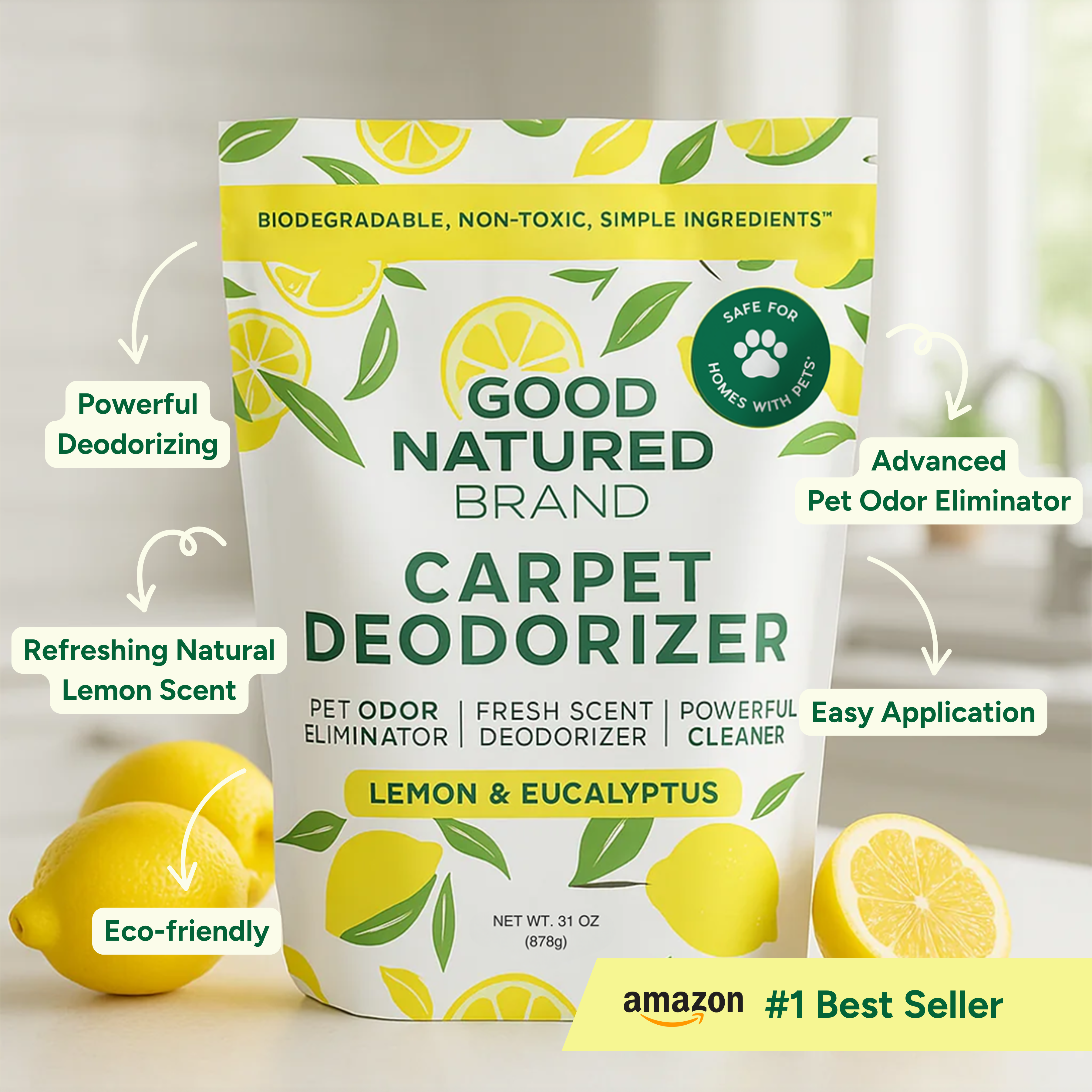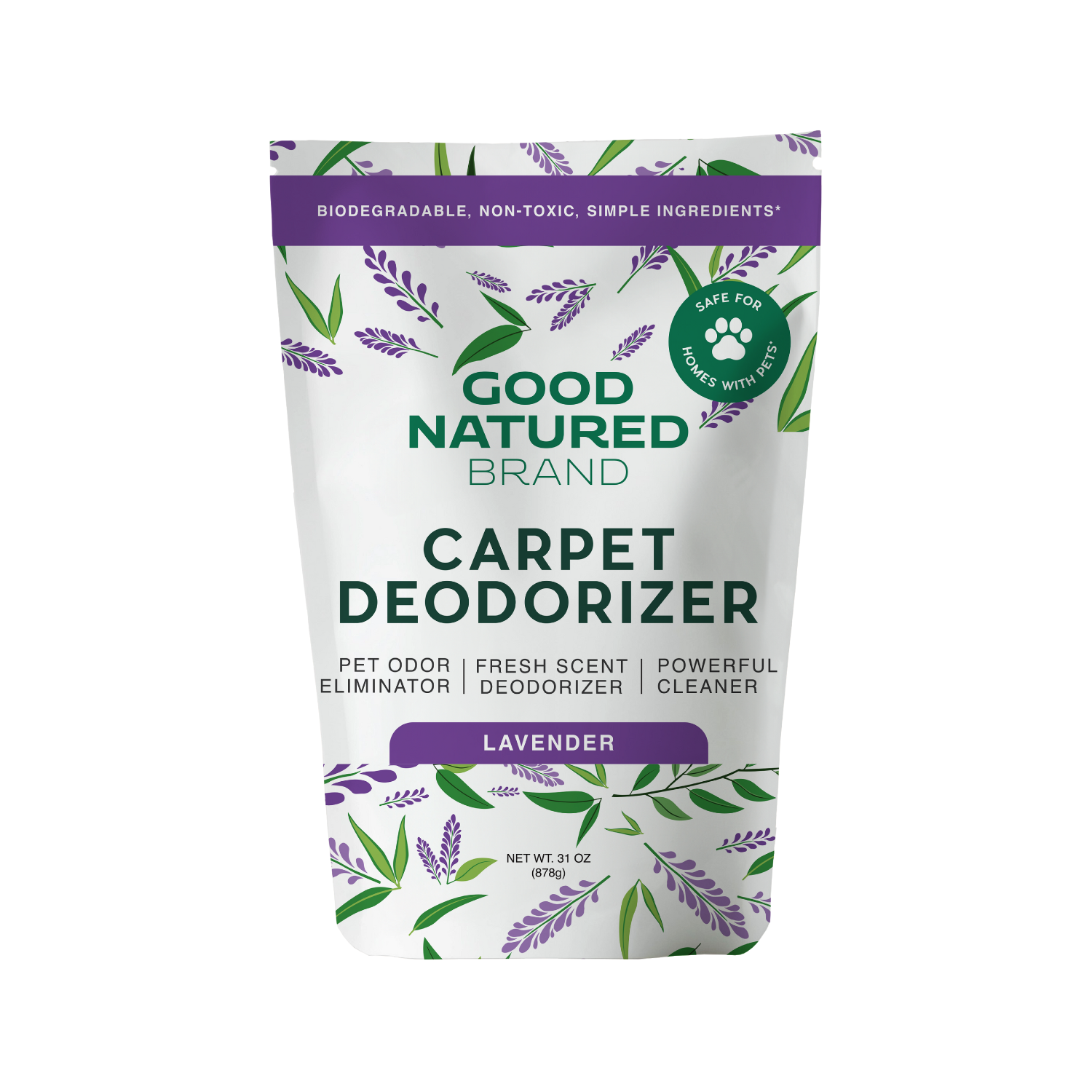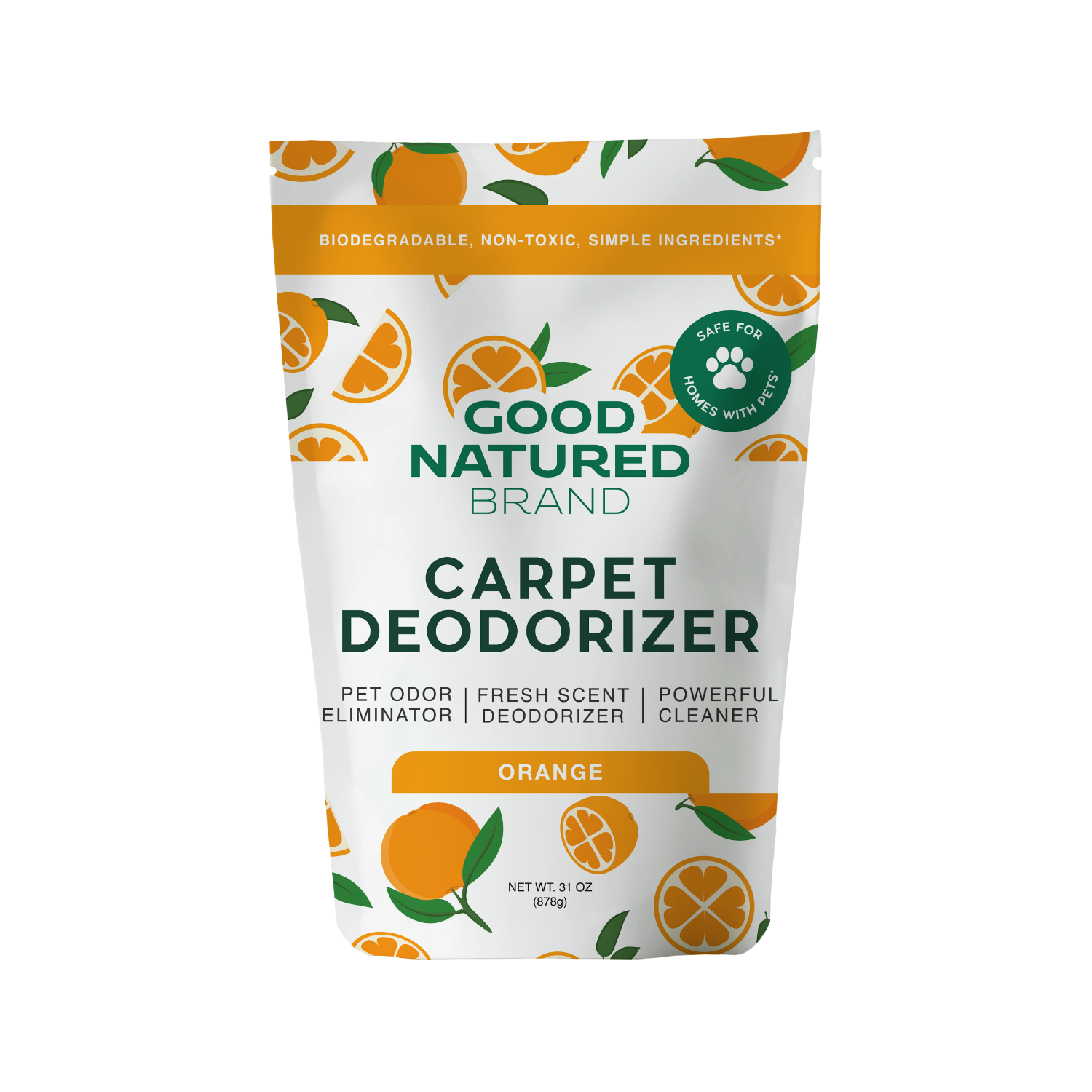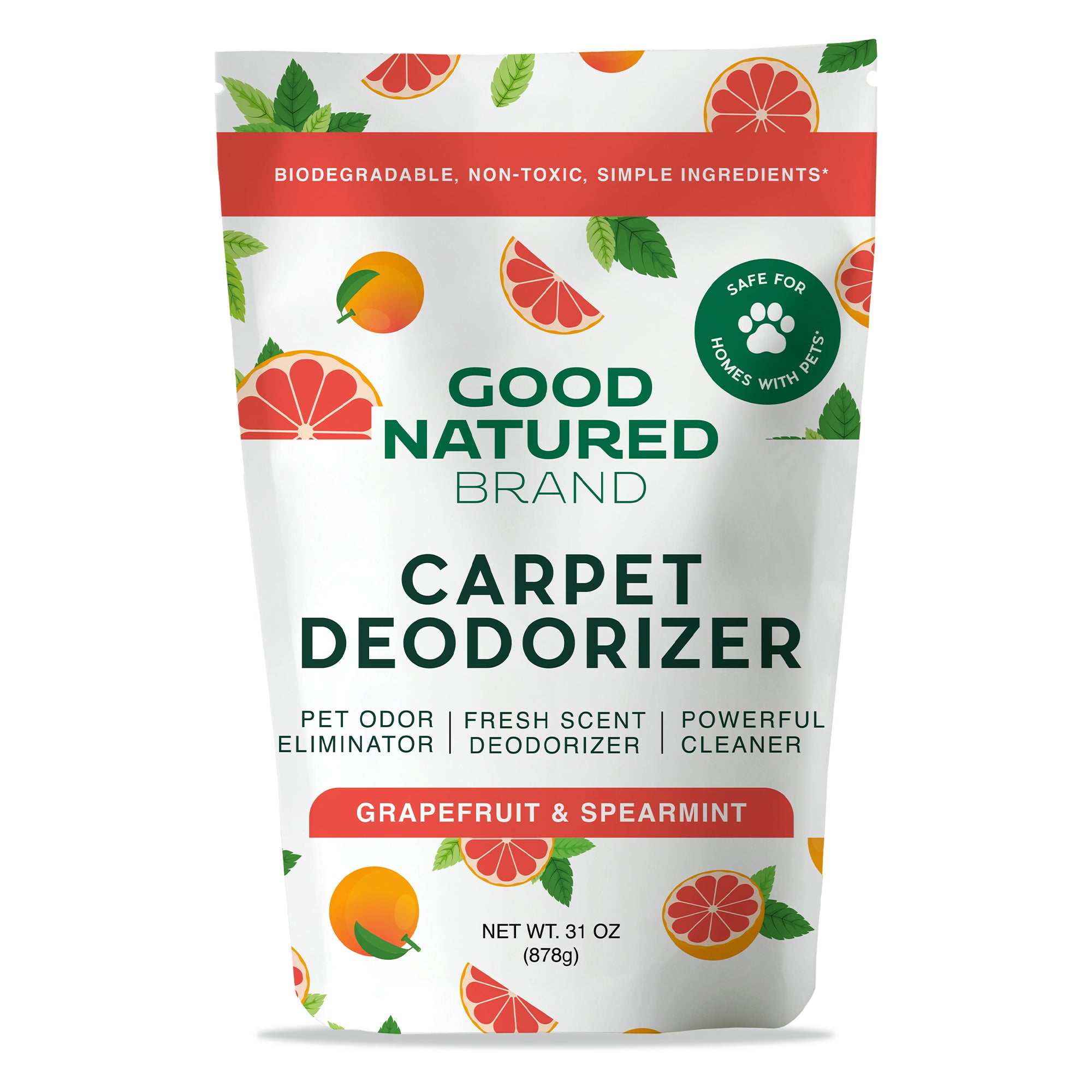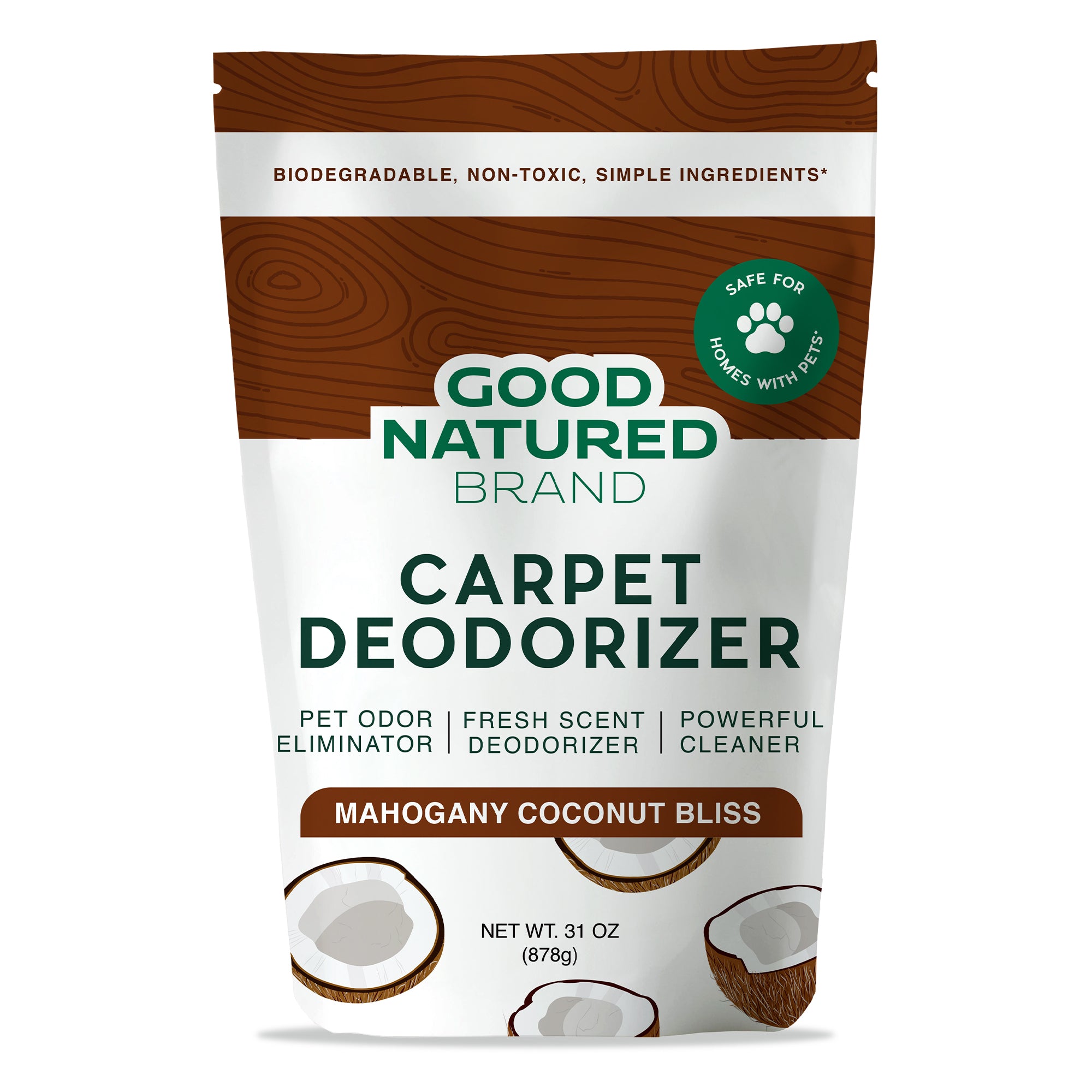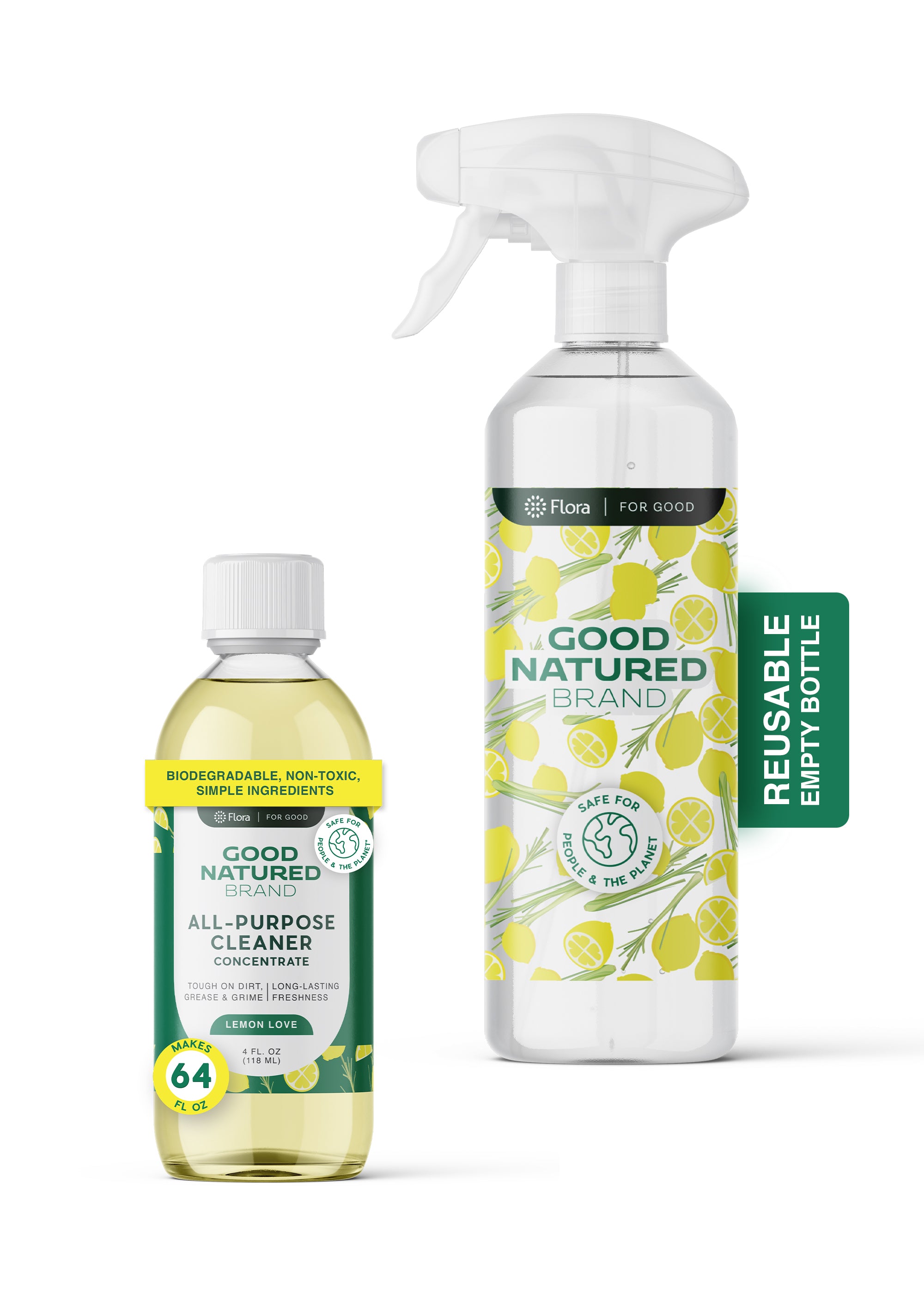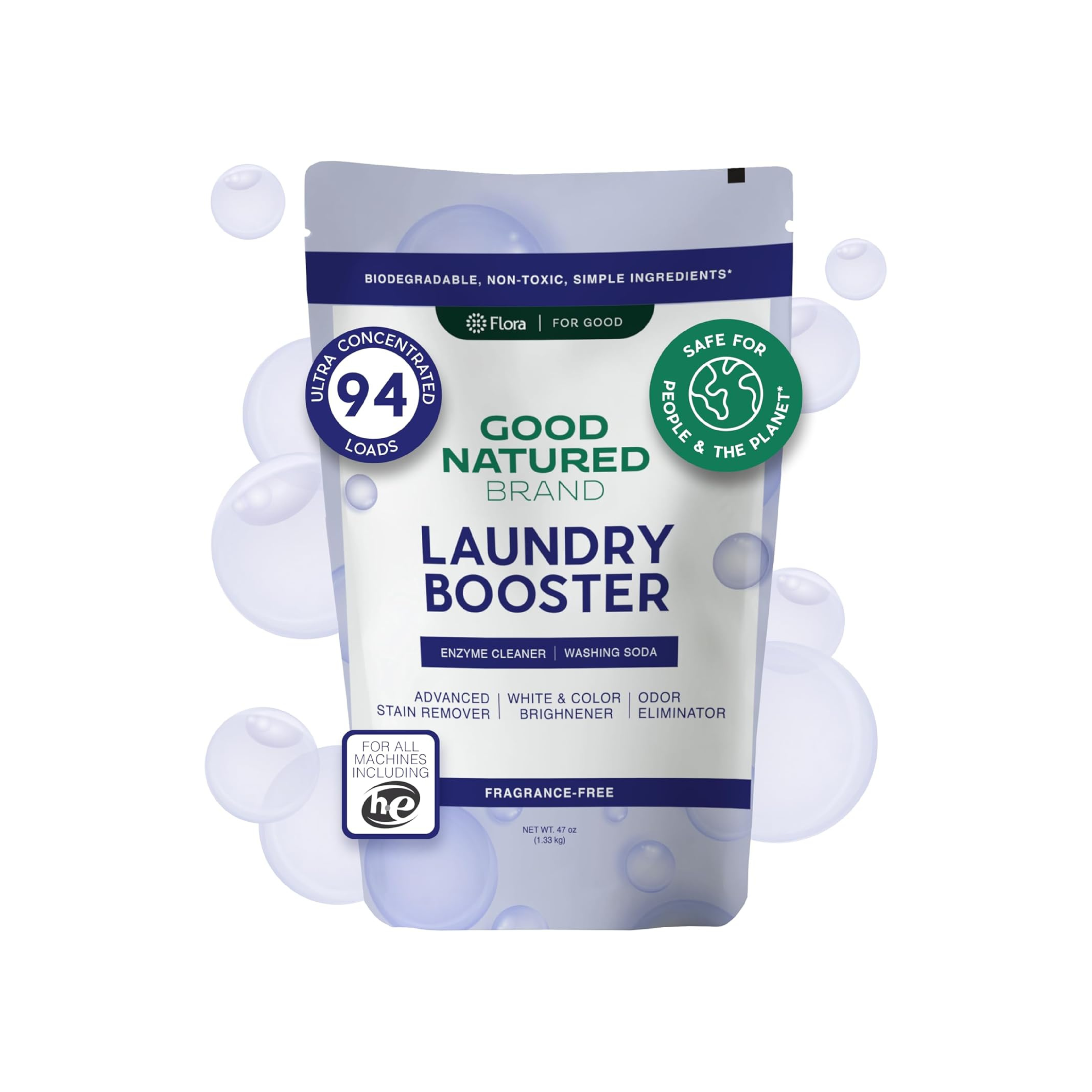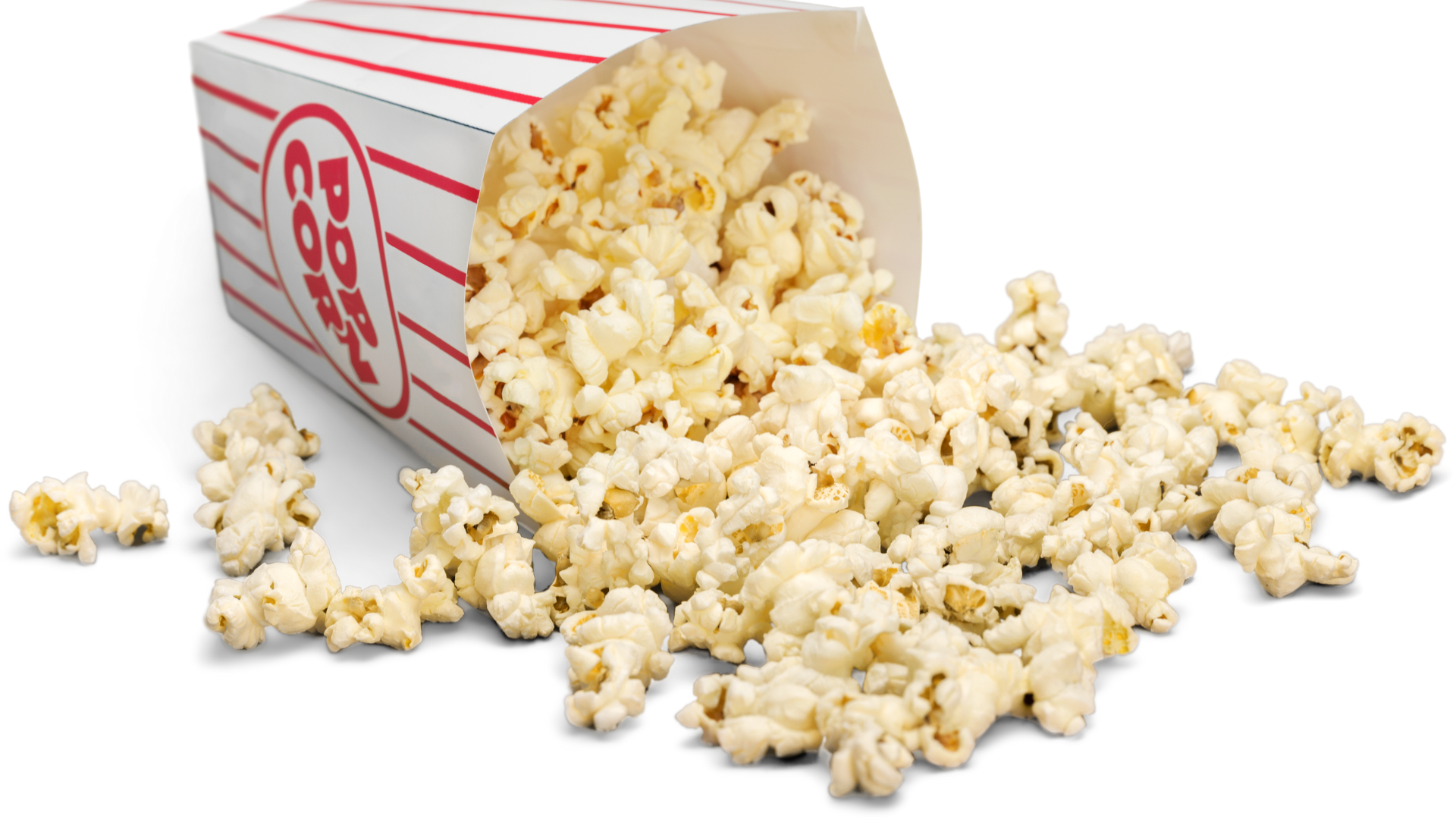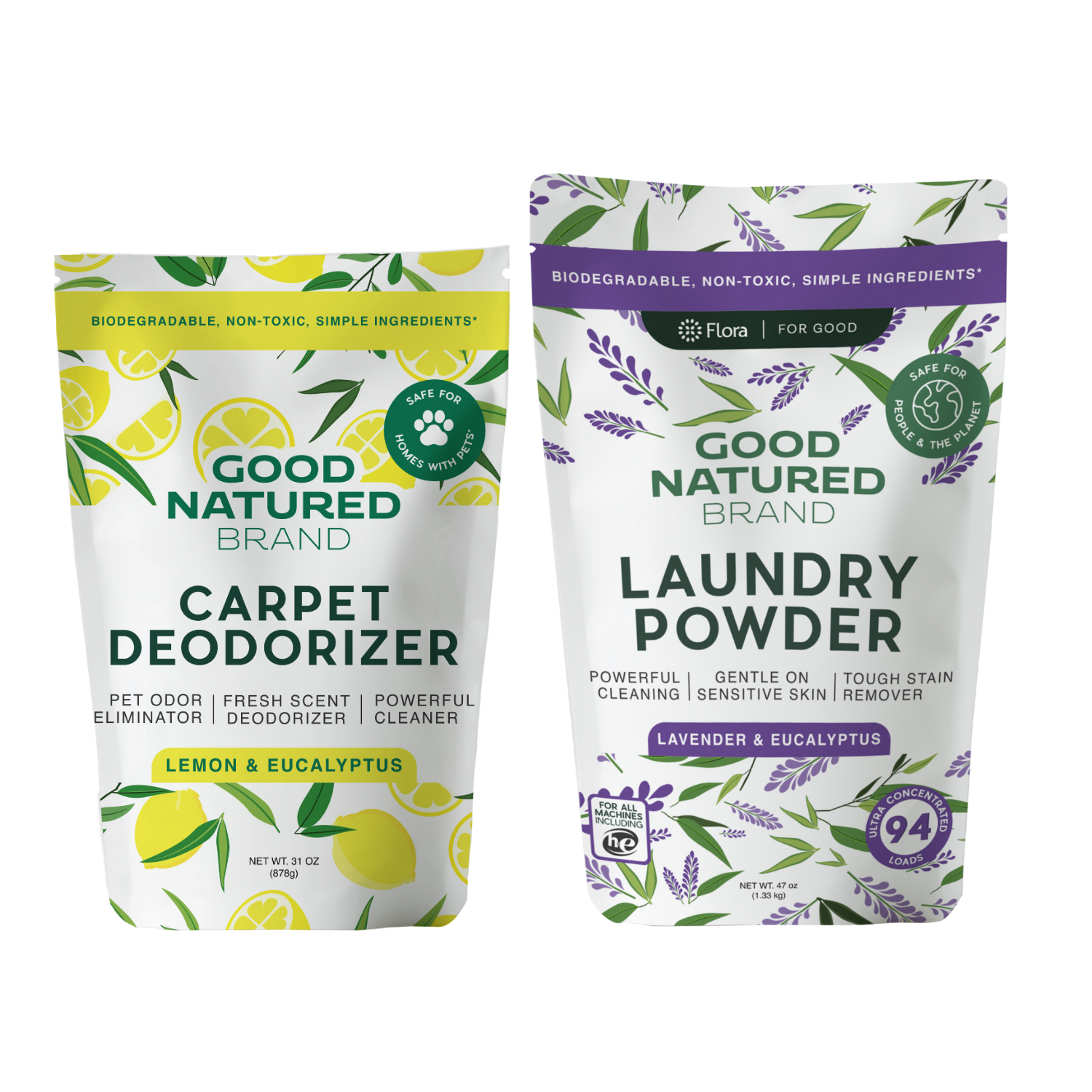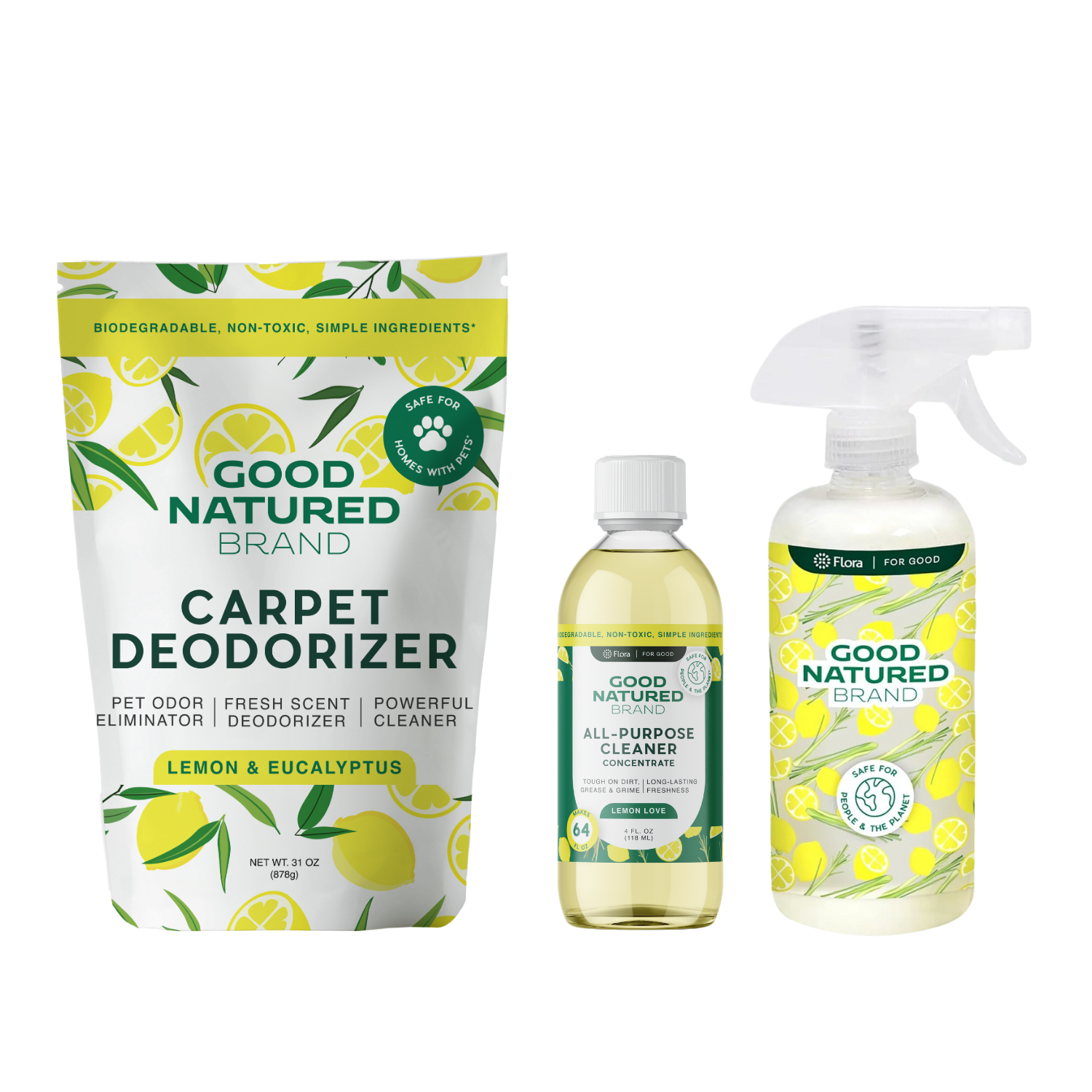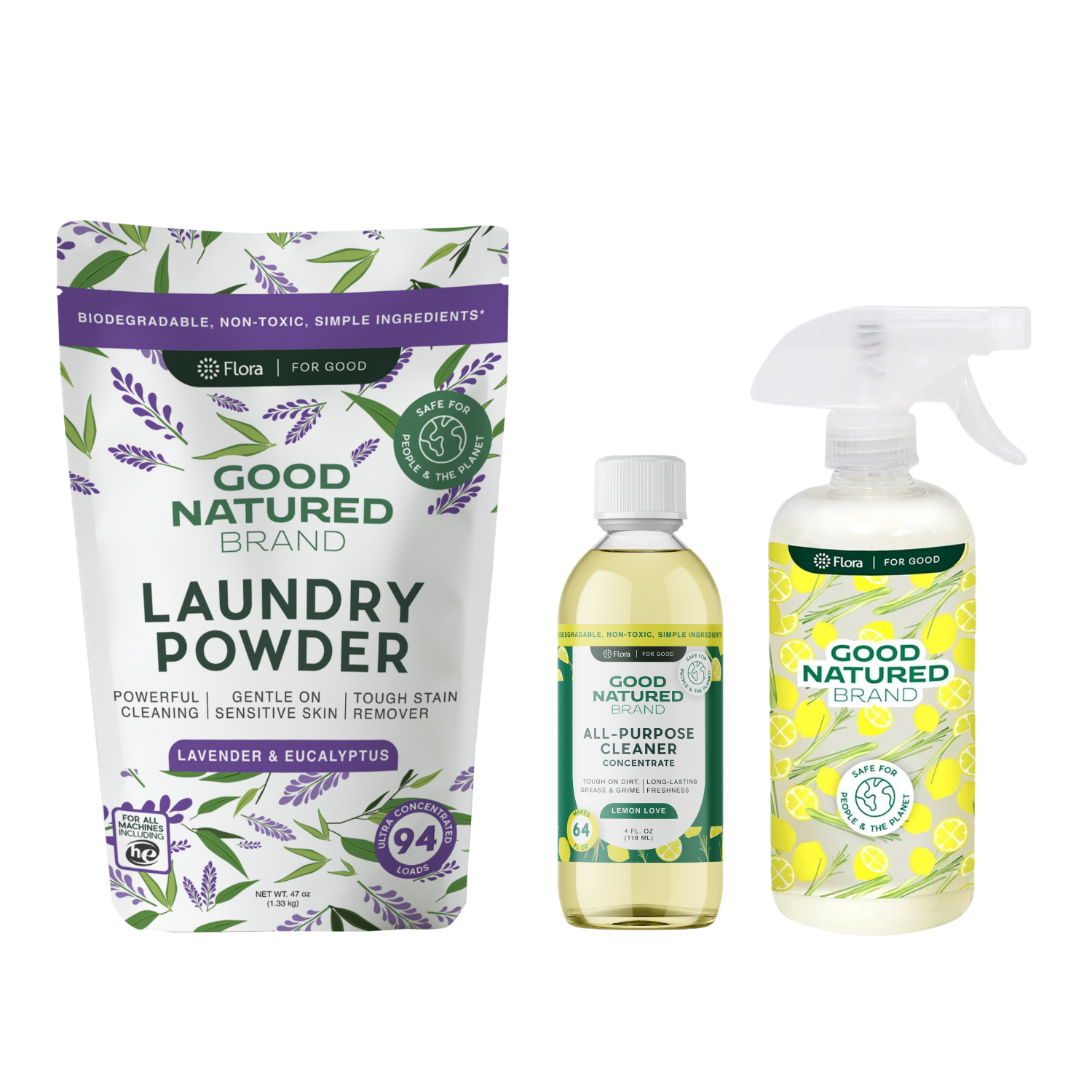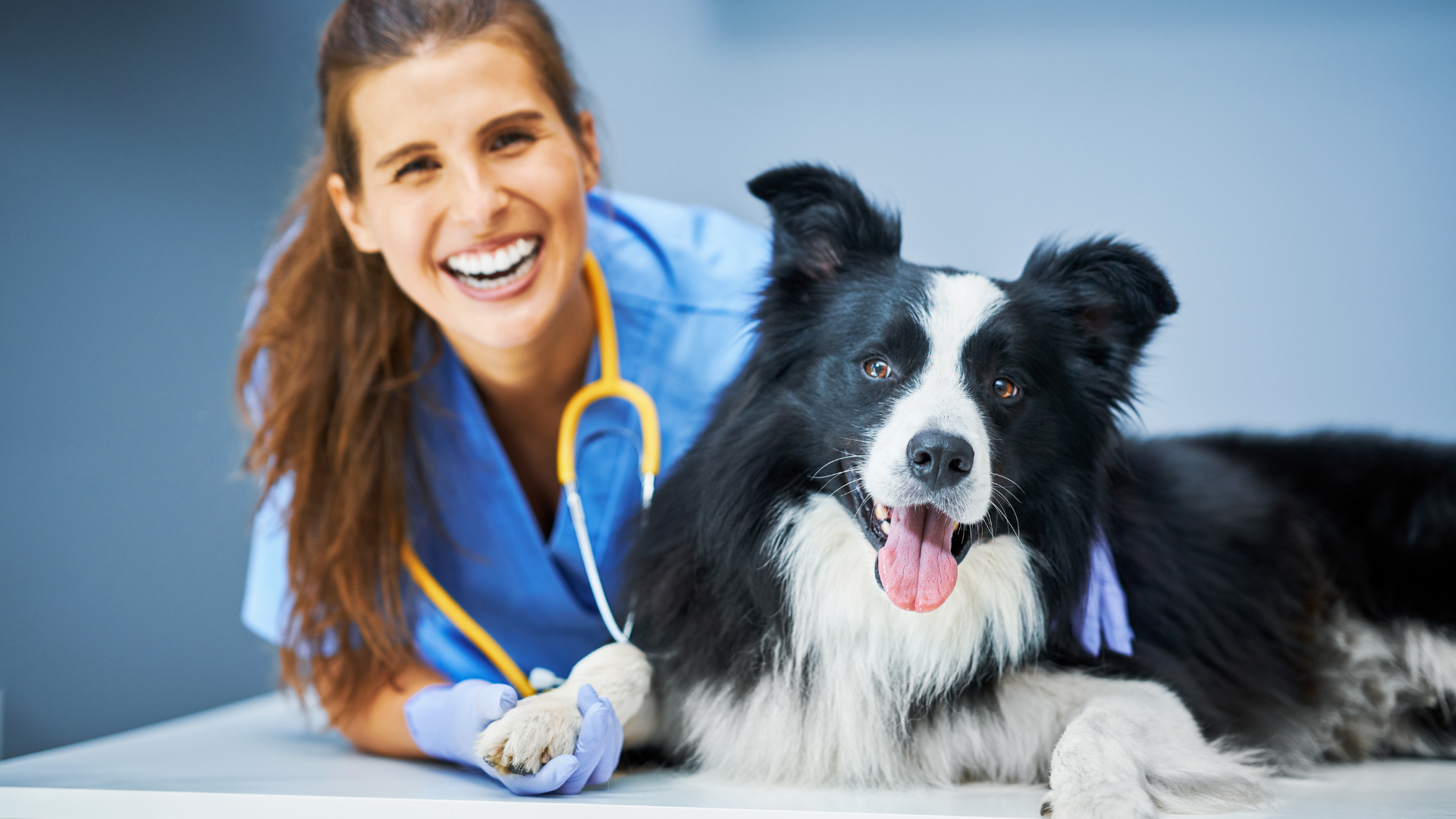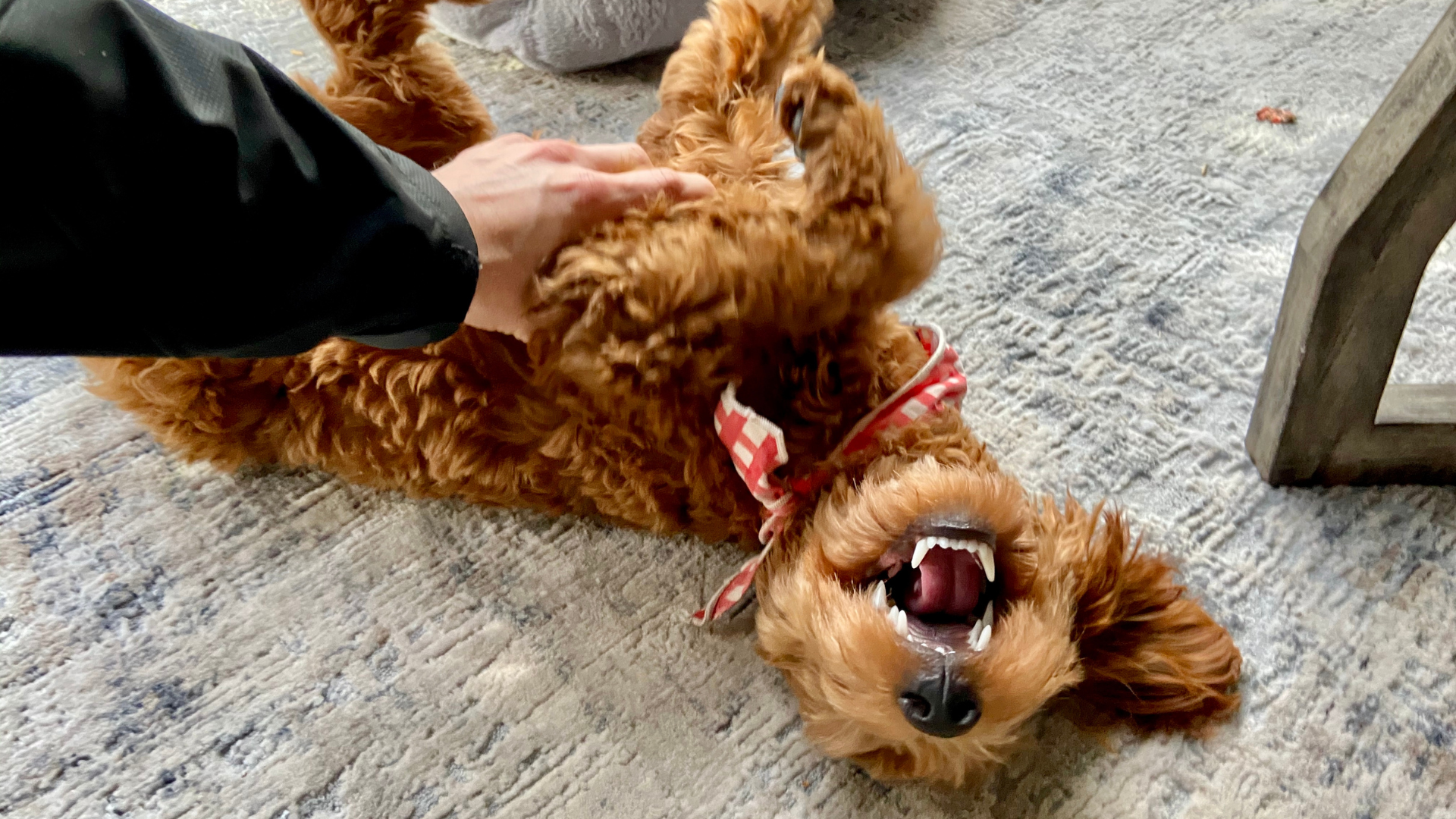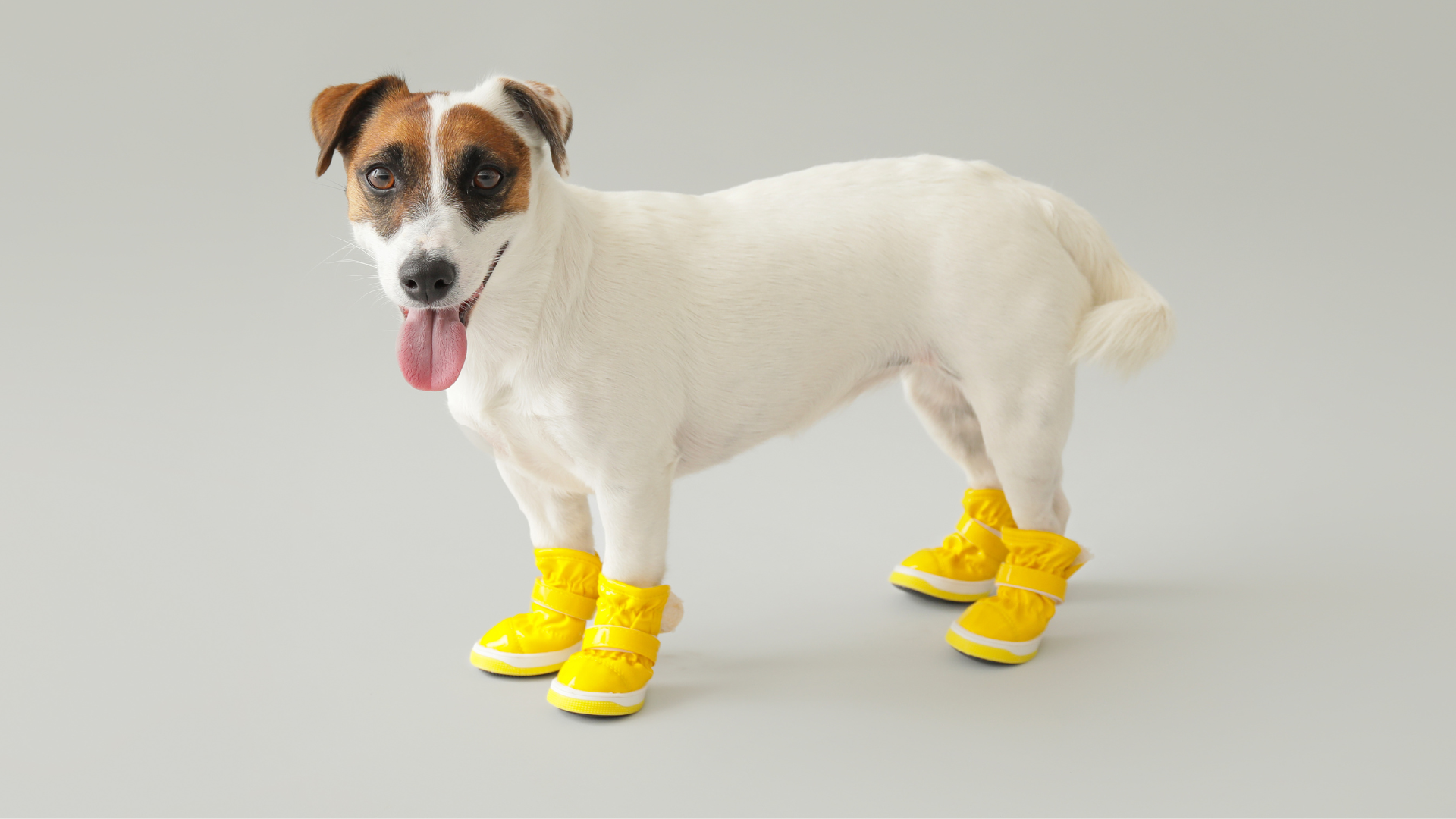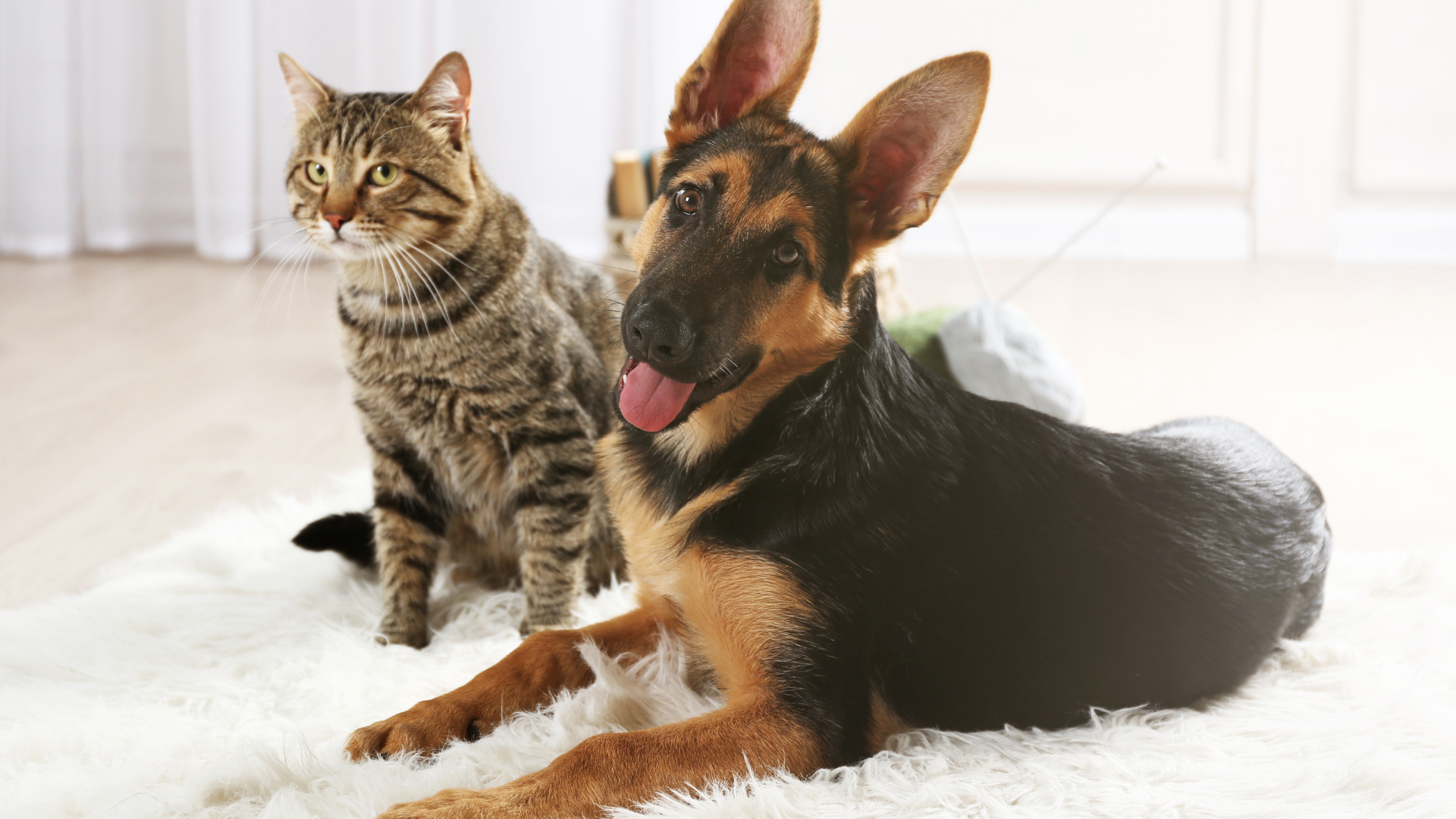Popcorn is a beloved snack for many, often enjoyed during movie nights or casual snacking. As a pet owner, you might find yourself wondering, can cats eat popcorn? While the thought of sharing this popular treat with your furry friend may seem tempting, it’s essential to understand whether popcorn is safe and beneficial for your cat.
In this article, we’ll explore the potential benefits, risks, and considerations of feeding your cat popcorn, as well as how to safely introduce it into their diet. We’ll also provide insight into healthier alternatives to ensure that your pet’s snacks are safe and nutritious.
For more tips on pet health and feeding, be sure to check out the Good Natured Brand Blog.
What Is Popcorn?
Popcorn is a whole grain food made from kernels that pop when heated, creating a light, fluffy snack. The process of popping corn kernels involves moisture inside the kernel turning to steam, which builds up pressure until the kernel bursts open. The result is a delicious, airy snack that’s often enjoyed plain or flavored with seasonings.
In terms of nutritional content, popcorn is a relatively low-calorie, high-fiber snack for humans. It contains small amounts of protein and essential vitamins, such as B vitamins and magnesium. However, for dogs and cats, the real question lies in whether this human snack is safe for their digestive systems.
Popcorn, in its plain form, is not toxic to cats, but it’s important to ensure that it’s served in a way that doesn’t pose a risk to your pet. Cats, being obligate carnivores, require a protein-based diet, so popcorn should not be considered a regular part of their nutrition but rather an occasional treat. To keep your home fresh after treat time, you can use Good Natured Brand All-Purpose Cleaner to quickly clean up any messes that might occur.
Can Cats Eat Popcorn? The Basics
The simple answer is yes, cats can eat plain, unseasoned popcorn in moderation. However, there are several important considerations when offering popcorn to your cat.
Popcorn Is Not Nutritionally Necessary for Cats
While popcorn isn’t inherently dangerous for cats, it’s important to remember that cats are obligate carnivores. Their diet needs to be rich in animal proteins, and snacks like popcorn offer little nutritional value. Popcorn is primarily composed of carbohydrates and fiber, which, while fine for occasional consumption, don’t provide the essential nutrients that cats need for optimal health.
Feeding your cat too many carbs or offering snacks that don’t meet their nutritional requirements can lead to weight gain or digestive issues. Popcorn should therefore be considered more of an occasional treat rather than a staple in your cat’s diet.
Risks of Feeding Popcorn to Cats
Although plain popcorn is generally safe for cats, there are a few risks that owners should be aware of:
Choking Hazard
Unpopped kernels are a choking hazard for cats. Cats, especially those that are enthusiastic eaters, may accidentally swallow a kernel without fully chewing it. The hard texture of the kernel can cause choking or even damage to their digestive tract. Always ensure that the popcorn you offer your cat is fully popped and that no unpopped kernels remain in the bowl.
Digestive Issues
Some cats may experience digestive upset after eating popcorn, especially if they consume too much or are not used to it. Excessive consumption of popcorn can lead to diarrhea, bloating, or an upset stomach. Always start with small amounts and observe your cat’s reaction before offering more.
Seasonings and Additives
Popcorn that is flavored with butter, salt, or other seasonings can be harmful to cats. Salt, in particular, is toxic to cats in large amounts and can cause symptoms such as vomiting, diarrhea, lethargy, and even seizures. Buttery or cheesy popcorn can lead to digestive issues or contribute to obesity if given in excess. Always serve popcorn plain, without any added toppings or seasonings, to keep it safe for your cat.
If you’re ever unsure whether your cat’s snack is safe, it’s best to consult with your veterinarian.
How to Safely Feed Popcorn to Your Cat
If you decide to offer popcorn to your cat, there are a few guidelines you can follow to ensure that it’s done safely:
Choose Plain, Unseasoned Popcorn
The key to feeding popcorn safely to your cat is simplicity. Make sure the popcorn is plain, without any added salt, butter, oil, or flavorings. These added ingredients can cause harm to your cat’s health. Stick to unflavored, air-popped popcorn to ensure that your pet is getting a safe treat.
Keep Portions Small
While cats can eat popcorn, moderation is key. Popcorn should only be offered as an occasional treat and should not make up a significant portion of your cat’s diet. A small handful of popcorn is more than enough for a treat. Overfeeding popcorn can lead to obesity, especially if it’s served frequently.
Monitor for Digestive Upset
When introducing any new food to your cat, including popcorn, it’s important to monitor them for any signs of digestive upset. If your cat shows symptoms like vomiting, diarrhea, or discomfort, discontinue feeding them popcorn and consult your veterinarian.
For any messes caused by your cat’s treat time, you can rely on Good Natured Brand Carpet Deodorizers to keep your home smelling fresh and free of unpleasant odors. These deodorizers are safe for your pets and effective in neutralizing any lingering smells.
Observe Your Cat’s Behavior
Not all cats are the same, and some may be more sensitive to certain foods than others. If your cat enjoys popcorn and doesn’t show any adverse reactions, it can be a fun, occasional snack. However, some cats may not enjoy the texture or may prefer other treats. Always respect your cat’s preferences and avoid forcing them to eat something they don’t enjoy.
If you’re looking for more treat ideas for your cat, you can check out the Good Natured Brand Blog for more pet care and snack recommendations.
Healthier Alternatives to Popcorn for Cats
While plain popcorn can be a safe and occasional treat for your cat, it doesn’t offer much nutritional value. Fortunately, there are many healthier, more nutritious alternatives you can offer to your feline friend that will support their overall well-being.
Cat-Specific Treats
When choosing treats for your cat, it’s important to select options that are designed to meet their specific dietary needs. Look for treats that are rich in protein and low in carbohydrates, as cats are obligate carnivores. Some popular, cat-safe treats include:
-
Freeze-dried meat treats: Freeze-dried chicken, turkey, or fish are great choices because they’re packed with protein and free from fillers.
-
Catnip treats: Many cats love catnip, and it can be a fun way to stimulate your cat’s mind and encourage physical activity.
-
Dental treats: Specially designed dental treats can help promote good oral health while satisfying your cat’s craving for a snack.
If you’re looking for a more sustainable and safe way to treat your cat, you can browse Good Natured Brand for eco-friendly pet products.
Safe Human Foods for Cats
Certain human foods can be shared with your cat in moderation, but you must always check that they are free from harmful ingredients like salt, sugar, and artificial additives. Some safe human foods for cats include:
-
Cooked chicken: A great source of protein, and easy for cats to digest. Ensure it’s plain, with no added seasoning.
-
Canned tuna: While occasional tuna is fine, it should be given in small amounts, as it can be high in mercury.
-
Pumpkin puree: Pumpkin is a good source of fiber, and can help regulate your cat’s digestive system.
-
Carrots: Some cats enjoy the crunch of carrots. These can be a good source of beta-carotene and fiber.
However, when introducing new foods to your cat’s diet, it’s important to monitor their reaction. If they experience any digestive upset, stop giving that food and consult your vet.
For cleaning up after treat time, be sure to use Good Natured Brand Laundry Powder to wash towels or blankets that may get dirty from feeding your cat treats.
Homemade Cat Treats
Making your own cat treats is a great way to control the ingredients and ensure they’re safe for your feline companion. Here’s a simple recipe for a nutritious homemade cat treat:
Simple Tuna Cat Treats:
Ingredients:
-
1 can of tuna (in water, drained)
-
1 egg
-
1 cup oat flour (or any flour that’s safe for cats)
-
1/4 cup water
Instructions:
-
Preheat the oven to 350°F (175°C).
-
In a food processor, combine the tuna, egg, and oat flour. Blend until smooth.
-
Add water as needed to create a dough-like consistency.
-
Roll the dough into small balls and place them on a baking sheet lined with parchment paper.
-
Bake for 15-20 minutes, or until golden brown.
-
Let the treats cool completely before serving them to your cat.
These tuna treats are rich in protein and a great way to spoil your cat with a healthy homemade snack. Make sure to store any leftovers in an airtight container. If your cat makes a mess during treat time, clean it up quickly using Good Natured Brand Carpet Deodorizers for a fresh-smelling home.
How Often Should Cats Have Treats?
While it’s tempting to give your cat treats, it’s important to remember that their diet should be balanced and focused on high-quality protein. Treats should make up no more than 10% of your cat’s daily caloric intake. Overfeeding treats can lead to obesity and digestive problems, so it’s essential to control portion sizes and frequency.
Portion Control
For small treats like plain popcorn, one or two pieces should be enough for your cat. If you’re offering a higher-calorie treat, such as a chunk of chicken, ensure that it doesn’t replace part of their regular meal. Cats have small stomachs, so it’s best to provide treats sparingly.
Treats as a Training Tool
Treats can be an excellent tool for reinforcing positive behaviors and training your cat. Use treats to reward your cat for good behavior, such as using the litter box, coming when called, or responding to new commands. Make sure to balance training with regular meals so that your cat doesn’t get too full from snacks.
When incorporating treats into training, always ensure that you’re using them in moderation. If your cat enjoys a treat like popcorn, it can be a fun incentive but should not make up a significant portion of their diet.
If you’re ever concerned about your cat’s weight or nutrition, it’s a good idea to consult with your veterinarian. They can help you establish the best feeding schedule and portion sizes for your cat based on their individual needs.
Popcorn and Cats: Should It Be a Regular Part of Their Diet?
As mentioned earlier, while plain popcorn can be offered as an occasional treat, it should never be a regular part of your cat’s diet. Cats need a high-protein, meat-based diet that provides all the essential nutrients they require for optimal health. Popcorn, while safe in small amounts, doesn’t offer significant nutritional value and can contribute to obesity or digestive upset if fed too often.
Popcorn as an Occasional Treat
Popcorn can be given occasionally, but it should never replace your cat’s regular meals. It’s always best to offer a variety of snacks that are specifically designed to meet your cat’s dietary needs. By providing a mix of healthy, protein-rich treats, you can ensure that your cat stays satisfied without compromising their nutrition.
For cleaning up any popcorn messes or general food spills, you can rely on Good Natured Brand All-Purpose Cleaner to clean areas around your cat’s eating space. These products are pet-safe and free from harsh chemicals, ensuring that your furry friend stays safe even during treat time.
Signs Your Cat Might Be Having Trouble with Popcorn or Treats
Not all cats will react the same way to popcorn or other treats. Some cats may have sensitive stomachs or food allergies that can cause digestive upset. Here are a few signs that your cat might be having trouble with popcorn or another treat:
Upset Stomach
If your cat starts showing signs of gastrointestinal distress after eating popcorn, such as vomiting, diarrhea, or bloating, it may indicate that their digestive system is not handling the treat well. In such cases, it’s best to stop feeding them popcorn and consult your veterinarian.
Lethargy
Excessive tiredness or lack of energy after eating a treat could indicate that the snack isn’t agreeing with your cat. Monitor their behavior and ensure that they’re feeling active and playful. If lethargy persists, it’s time to consult a vet.
Allergic Reactions
Some cats are allergic to certain ingredients found in snacks like popcorn, especially if they’re flavored or contain artificial additives. Watch for signs of allergies, including itching, swelling, or skin irritation. If you notice these symptoms, stop feeding the popcorn and seek veterinary advice.
If your cat develops any of these symptoms after eating popcorn, be sure to clean up the area promptly and continue monitoring their condition. You can use Good Natured Brand Laundry Powder to wash any bedding or clothing that may have been soiled during the reaction.
When to Consult a Veterinarian
If your cat experiences any digestive problems, allergic reactions, or changes in behavior after eating popcorn or other treats, it’s always a good idea to consult your veterinarian. They can help identify any food sensitivities, allergies, or other health concerns that may be contributing to your cat’s symptoms.
Regular check-ups with your vet are also essential to monitor your cat’s overall health and weight. A veterinarian can provide personalized feeding recommendations based on your cat’s age, breed, and health status.
Conclusion
Popcorn can be a fun and safe treat for your cat in moderation, as long as it’s plain, unseasoned, and served in small amounts. However, it should never replace your cat’s regular, protein-rich diet. Always monitor your cat’s response to any new treat and make sure to clean up promptly using products like Good Natured Brand All-Purpose Cleaner and Good Natured Brand Carpet Deodorizers.
For more tips on healthy feeding practices and safe treats for your cat, explore the Good Natured Brand Blog. You can also check out our Main Page for eco-friendly pet products to keep your home and your pets happy and healthy.
